Should I Breed My Mare? Part 1: Is a foal right for me?
I hear this question all the time, and the short answer is …… maybe. Now stop groaning and muttering, I will explain myself. There are several other questions that need to be answered to help you answer this big question. I will walk you through those questions and the factors to consider, but the ultimate decision is up to you. There are three major things to consider, we will cover each one in a separate blog post.
Is a baby right for me?
Is my mare a good candidate to be bred?
Can I afford to do this?
So let’s start with phase 1, what will you do with the foal?
I put this first because I believe no horse should be brought into this world without a solid plan for the future. We have a responsibility to an animal that exists only because we wished for it to exist, and this is not to be taken lightly.
Are you planning on selling it or keeping it?
If you are planning on selling it, when do you want to sell it? The costs of raising and feeding a horse are not inconsiderable. You will have basic vaccinations, possibly castration, feed, farrier, training, and at some point some other incidental vet bills. The longer you have this baby the more you will put into it. Those costs need to be figured into a sale price. You will put much more money into a green broke 3 years old than you will into a weanling, so your asking price should be higher.
Is there a market for this horse?
A warmblood with an Olympic horse in its pedigree will be more marketable on paper than a pony / paint / thoroughbred / draft cross. Not to say that the crossbred horse will not be an amazing animal, but he will need to sell based on his conformation, way of going, temperament, and athletic ability. These are harder to convey on an internet ad and will take years to prove. The warmblood is easier to sell as a weanling.
Will the market support the price you need to ask to cover your costs, let alone make you a profit?
Look at the asking price of horses like the one you want to breed. Talk to other breeders. The tricky part here is looking into the future. Unless you are looking to sell your baby in utero (while the mare is still pregnant with the foal) you need to make an educated guess about what buyers will want in 1,2,3 or 4 years. Some markets are more consistent, like warmbloods, some moderately fickle, like the quarter horse market, and some notoriously fickle, like the thoroughbred market.
If you plan to keep the foal, there is another group of questions you need to ask.
What are you going to do with this foal?
Do you want this baby to be your next show horse or are you looking for a trail horse? If I breed a 14 hand quarter horse mare I may get a good pleasure horse, trail horse, or western performance horse. I am unlikely to get a grand prix dressage horse or an endurance horse.
Are you capable of training this horse to do what you want or will you need a professional trainer? Bringing a young horse along takes a huge commitment of time and patience. Training starts at birth and takes daily work. I have seen foals who were beautifully halter trained as weanlings be essentially feral and uncatchable as 2 years olds when they were not handled regularly. Just as with kids those early lessons are so important and need to be taught with skill and tact. Be honest with yourself about your skill, experience, and time. If you don’t have any of those three do you have someone who can help you?
Now if you have answered all of these questions, and have a solid plan, we can move on to deciding if your mare is a good candidate.

